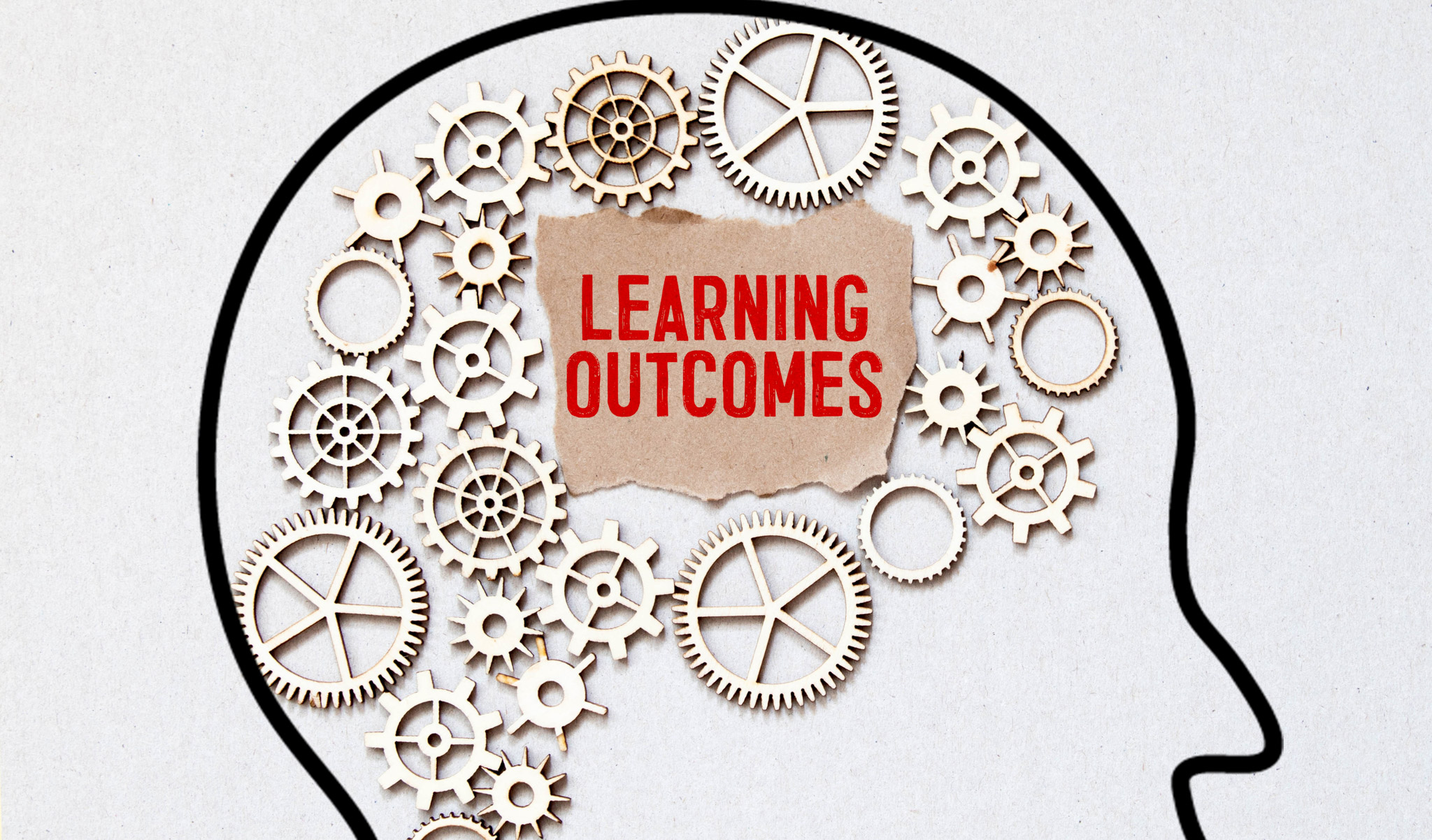Writing Sustainability Learning Outcomes

Zolak | Shutterstock
Now that you have considered the ways in which you can incorporate sustainability into course content, you may want to adjust your course learning outcomes to strengthen your course’s connection to the mindset.
Strong learning outcomes identify the critical/essential knowledge, attitudes, and behaviours that a learner is expected to demonstrate upon completion of a course. They describe learning that is meaningful and significant, and transferable to other contexts.
Sustainability learning outcomes, much like any other component of learning sustainability, do not have to be so explicit in their language about “sustainability” or other related terms. Consider the sustainability competencies – related skills and attitudes that may not be used in the context of your course to teach sustainability but can be transferable to other courses or beyond to help learners develop their sustainability mindset.
Strong learning outcomes typically include three essential ingredients: an action verb, a learning statement (the “what”) and criterion (governs the “what”).
Example:
Evaluate the impact of environmental policies on citizens, locally and globally, using evidence from governmental reports.
Let’s look at it more closely:
action verb
learning statement
criterion
Evaluate…
…the impact of environmental policies on citizens, locally and globally,…
…using evidence from governmental reports.
While it is not as explicit that sustainability is being learned with the learning outcome below, it nevertheless helps learners develop a sustainability mindset by engaging them with sustainability competencies:
Example:
Co-construct new knowledge and solutions to key international business problems in a collaborative, multidisciplinary setting.
In this example, it is clear that learners will engage in collaboration. Implicit in this learning outcome is systems thinking; the multidisciplinary setting suggests that learners will help each other consider new perspectives and approach issues with a more holistic lens.
Try It
Complete each of the three steps to craft one or more sustainability learning outcomes for one of your classes: Verb (Action) + Learning statement + Criterion.